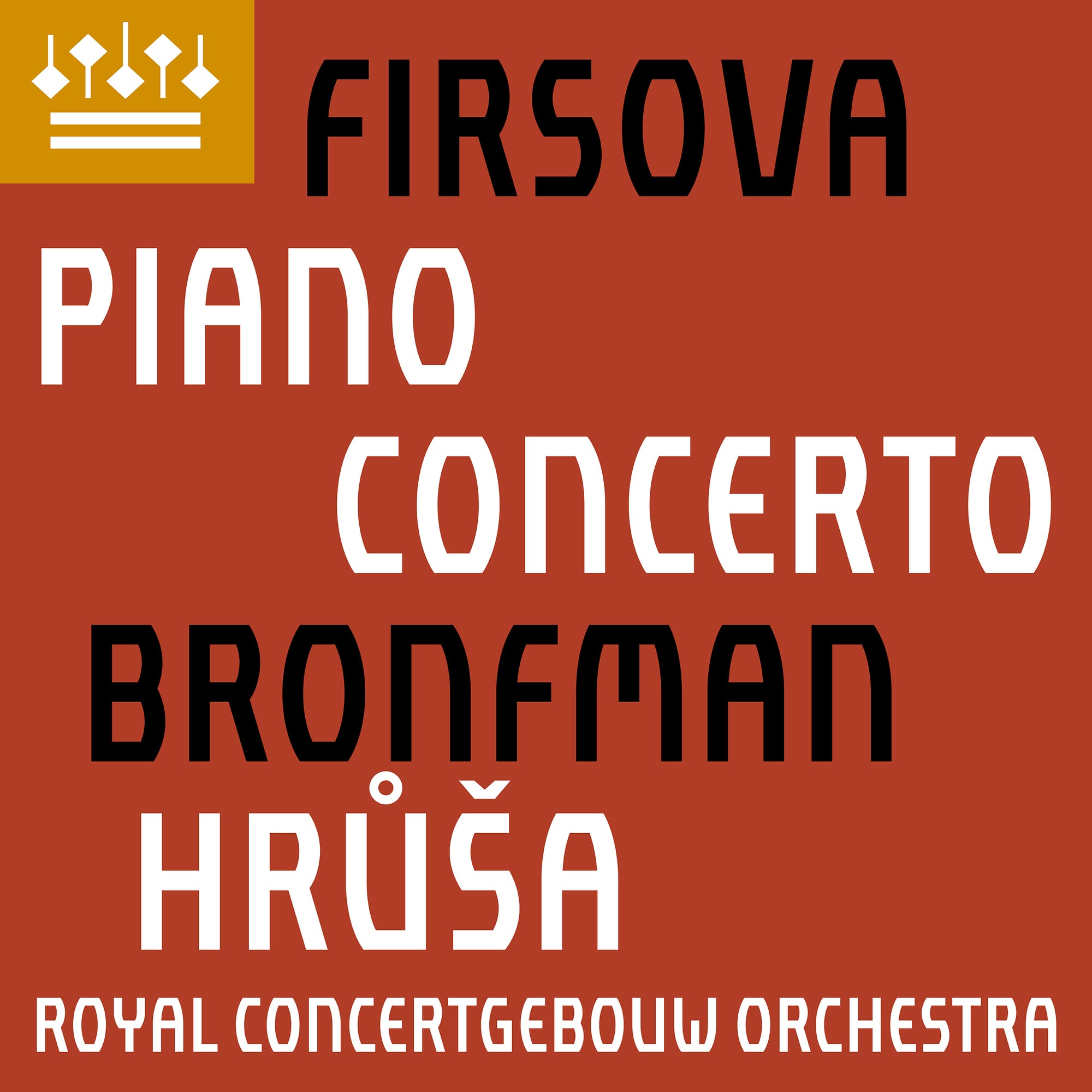Elena Firsova: Piano Concerto (Premiere recording)

Russian-born, UK-resident composer Elena Firsova (not to be confused with Alissa Firsova, whose Songs of the World we covered in a Psappha post here) has a huge international reputation. Her Piano Concerto is centred around death - Firsova lost her husband, the composer Dmitri Smirnov, to covid in 2020).
Beethoven's "Muß es sein?" motif provides an apt reference point for Firsova. The composer herself links this concerto to the Double Concerto, Op. 139 (2015) as both explore mortality. The Double Concerto, a hard-hitting piece for violin, cello and orchestra, is magnificent and I append a YouTube performance at the bottom of this post: Vadim Gluzman, violin; Johannes Moser, cello; the Norrköping Symphony Orchestra under Michael Jurowski (actually the World Premiere of that piece, on September 19, 2021).
Like its twin the Double Concerto, the Piano Concerto is end-weighted, so its finale is by far the longest movement (both first two last 3"17, the finale 11"39). It is interesting that Firsova's music has not been a regular at the Concertgebouw; only one piece was premiered there (The Garden of Dreams, in 2006).
Born in Leningrad in 1960, Firsova want to music school in Moscow aged 16 and in 1970 joined the Moscow Conservatoire, studying composition, analysis and orchestration. In 1972 she married Dmitri Smirnov; she could be thought of as forming part of the group of composers that includes Gubaidulina, Schnittke, Edision Denisov, and Valentin Silvestrov.
The first movement is complex, but there is a Shostakovich-like gesture of the orchestra in rhythmic unison that seems there to orientate the listener (and a gong-stroke that leaves us in no doubt of the end of the movement). The writing is glorious and expert, particularly for woodwind and percussion, and timbral linking between piano and orchestra is brilliantly managed:
That gesture finds itself on piano in solid octaves for the Scherzo-like second movement. Fearsomely difficult for orchestra and piano alike, it is that "Must it be?" figure that dominates. The music aggregates to dizzying heights before silvery percussion acts as a quietly powerful riposte. A gong stroke acts as articulator for the end of the movement:
The finale begins quietly, expansively. Now there is no rush; as Firsova puts it, “As in the Double Concerto, the last movement of the Piano Concerto is the most important and longest part of the music". Cadenzas meet, again, the power of quiet, silvery music before a “clock inevitably appears as a reminder the everything has an end," heard in repeated high piano chords against low string pizzicato. Then, the music simply hangs in the air (so if you are streaming, it's best to ensure the platform doesn't just auto-start another random piece of music, as I found to my cost - luckily, that random piece was some quiet Kurtág!).
Firsova's Piano Concerto is a magnificent work, which the composer says is focused on "life's problems and questions". Bronfman's forthright playing and his super-virtuosity seem the perfect fit; Hrůša and the Royal Concertgebouw Orchestra are supremely confident not only in the delivery of notes (a feat in itself) but also in understanding the textures: the steely edge to he finale, for example.
The work will be premiered in the UK in Liverpool by Simon Trpčeski and the RLPO under Vasily Petrenko.
Here’s that promised Double Concerto:
You can purchase the MP3s at Amazon here
